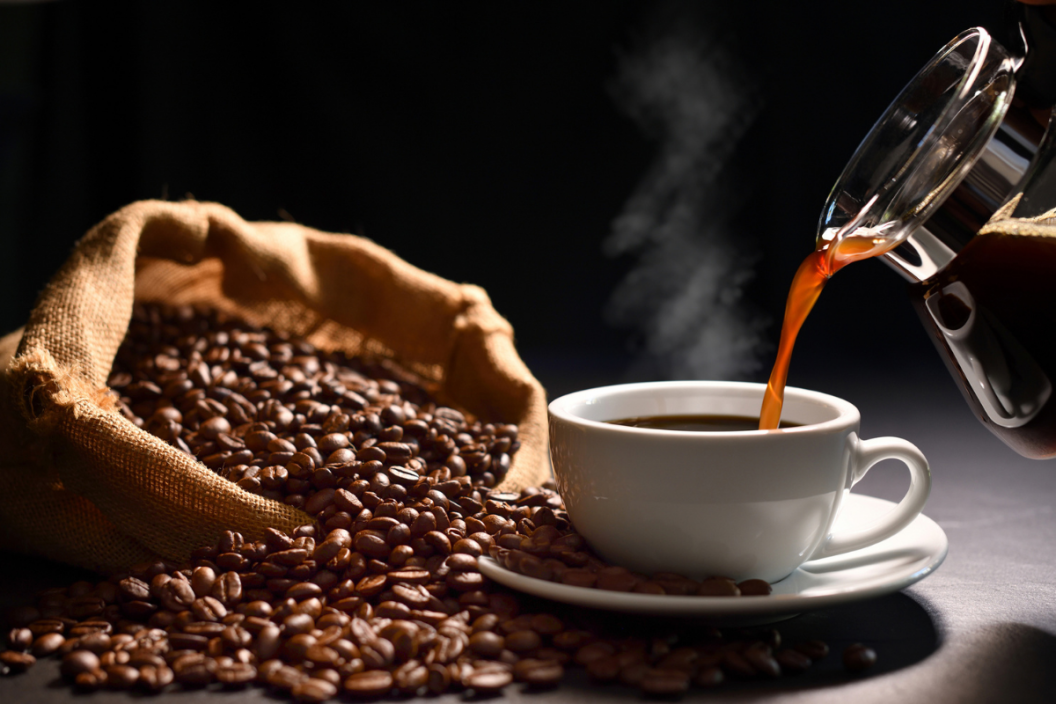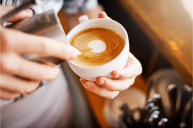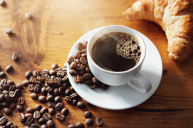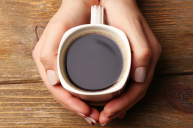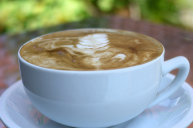Coffee isn't so much a beverage as it is a necessity to civilized society. Or at least that's my view before I've had at least one cup in the morning. Some people will drink anything that's warm and caffeinated, while others are picky about the flavor profile and brewing method. If you're particular about your cup of coffee, there's nothing better than a coffee shop that gets your latte, mocha or regular old dark roast exactly right. But if you're wondering what all the fuss is about, here's a coffee 101 starting with a basic question: Is there actually any difference between espresso and coffee?
You might know that espresso comes in tiny cups, or that you add an extra shot of espresso to your latte when you really need a pick-me-up or were up a little too late last night. But this doesn't explain what espresso is, or how it actually differs from the classic cup of coffee you drink from your coffee machine or pour over. Anyone who's a coffee newbie or has simply never ventured away from a classic americano cup of coffee has a few things to learn about coffee vs. espresso.
What is the Difference Between Espresso and Coffee?
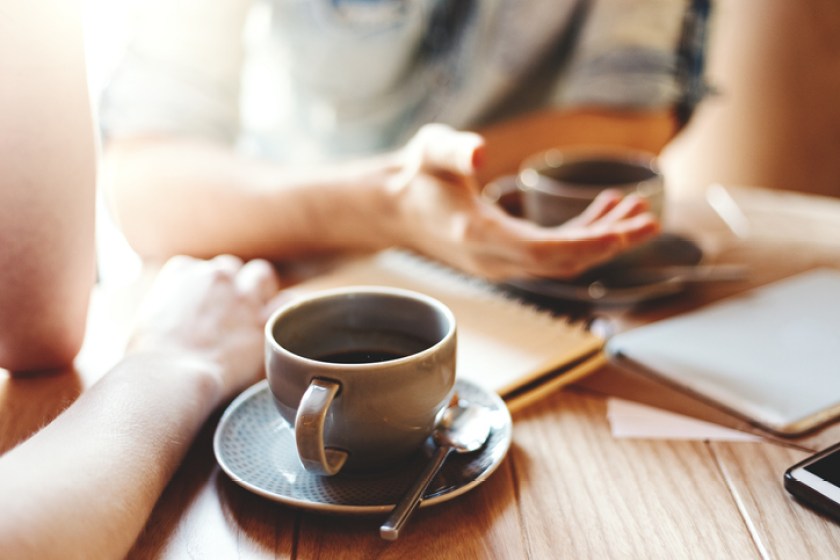
Getty Images/Comeback Images
To answer that question it helps to define what coffee actually is. The coffee plant has berries, which farmers harvest, then process to produce the coffee bean. Coffee beans are then roasted and thus become the source of all goodness in the world. Or at least the source of all managing to get out the door in the morning.
When you, or your favorite barista, brew coffee, you're working some mad chemistry by extracting the soluble components of the coffee into the water by applying heat and water. Brewing coffee is just the process by which you bring the coffee beans, water, and heat together to make magic.
There are a number of different ways to brew coffee. You can boil it (such as for Turkish coffee), steep the coffee grounds in hot water (as in a French press), let hot water run over coffee grounds (drip coffee and pour-overs), or you can force the hot water over ground coffee beans with higher water pressure (shot of espresso). Whatever you choose depends on how you like your coffee to taste and what equipment is on hand. Drip coffee and pour-overs are the most basic type, while French Press coffee is often seen as a bit fancier.
So the main difference between espresso and coffee is that there isn't any difference. Espresso is simply one way to brew coffee, in which hot water and high pressure is used on a fine grind of coffee that's been tightly packed. This process requires an espresso machine and some know-how to get it right.
While you can find plenty of bags of coffee for sell marked as espresso beans, any kind of coffee bean or roast can be used to brew coffee this way. You may see Italian roast coffee, which is generally assumed to be used for espresso, but espresso doesn't have to be a dark roast. It should be a high-quality coffee bean because the concentrated flavor really comes out and you don't want that flavor to be bitter.
You've probably heard that regular coffee has more caffeine than an espresso shot. That's not exactly true. An ounce of drip coffee has about 12 mg of caffeine (depending on variables like the type of beans and how hot the water in the coffee pot is), while an ounce of espresso has 64 mg. So ounce for ounce, regular coffee has less caffeine.
But we never drink just one ounce of regular coffee. A small cup of drip coffee is generally 8 ounces, so if you're comparing it by standard drink, the espresso contains overall less caffeine. Even espresso drinks like a cappuccino or americano where you're getting more liquid in your coffee cup typically only use one shot of espresso plus steamed milk or water, so the caffeine ratio is the same.
The difference between espresso and coffee comes down to how you like to brew your coffee. In the end, the best coffee is the one that gets you up and out the door in the morning.
